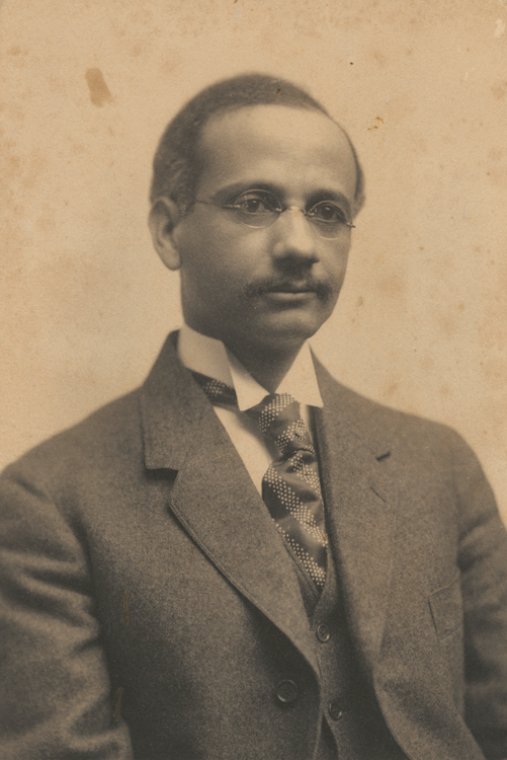Black History Month: Alzheimer’s Researcher Solomon Carter Fuller
Solomon Carter Fuller was a trailblazer in the field of psychiatry who made significant contributions to the understanding of Alzheimer’s disease. Growing up with medical missionary grandparents in Liberia instilled in him a love for medicine and he went on to earn his medical degree from Boston University in 1897. This opened doors for him to collaborate with renowned neuropathologist Dr. Alois Alzheimer in Germany, where he became involved in groundbreaking research on dementia.
Dr. Fuller’s greatest contribution was bringing knowledge and awareness of Alzheimer’s disease to a wider audience and helping to establish it as a legitimate area of study. Fuller’s translation of the work of Dr. Alois Alzheimer to English established the need for further research of the disease and its effects to British and American medical science.

In addition to his work on dementia, Dr. Fuller also made important contributions to the field of syphilis diagnosis. He helped to correctly diagnose the side effects of syphilis in black war veterans, preventing them from being misdiagnosed and denied military benefits.
Dr. Fuller’s research on the neuropathology of dementia was groundbreaking and ahead of its time. In 1907, he published a case series describing the abnormal brain features and the presence of neurofibrils that are still used in diagnosis today. He also published the first comprehensive review of Alzheimer’s cases in 1912, further solidifying its status as a physical brain disease.
Despite his numerous achievements, Dr. Solomon Carter Fuller remains underrecognized for his contributions to the field of psychiatry and Alzheimer’s disease. His dedication and commitment to his work helped to lay the foundation for future advancements in dementia research and treatment and his legacy deserves to be acknowledged and celebrated.

